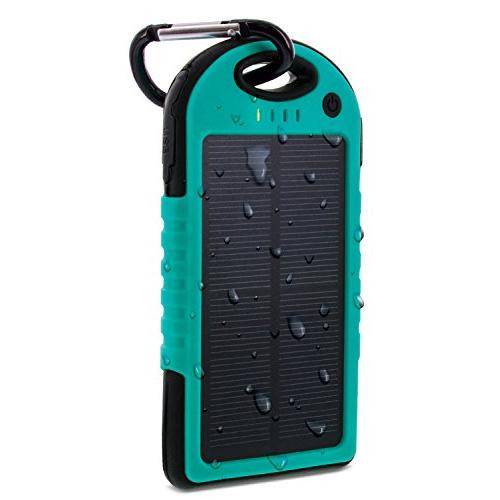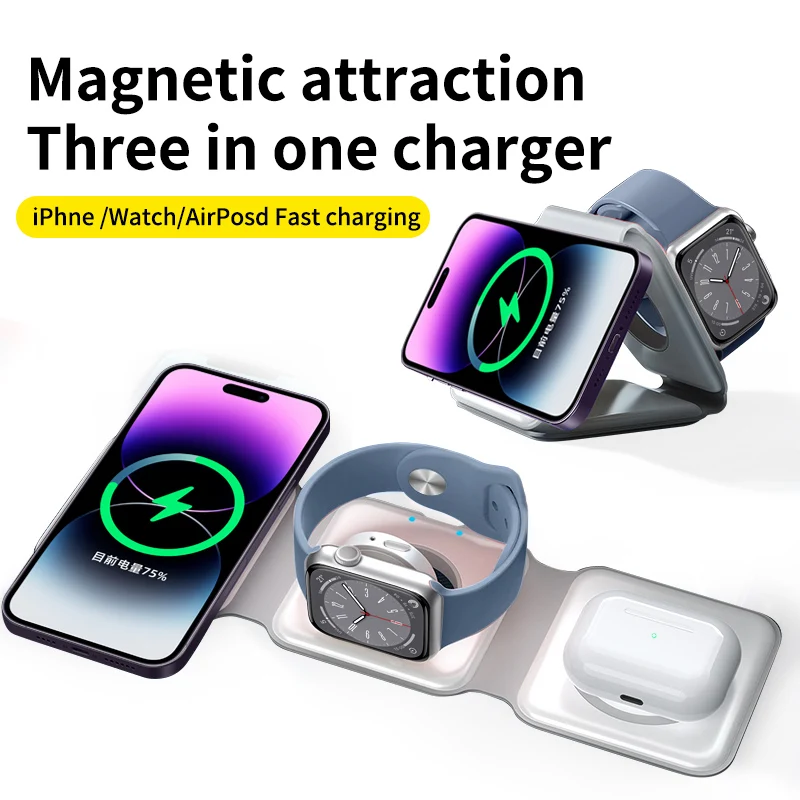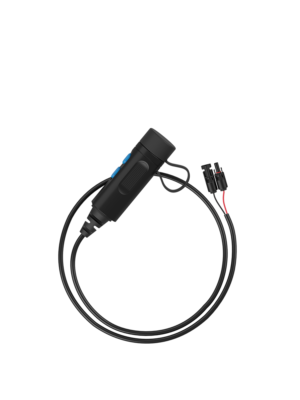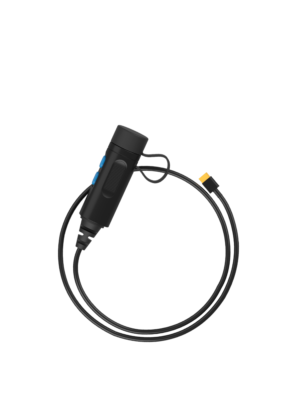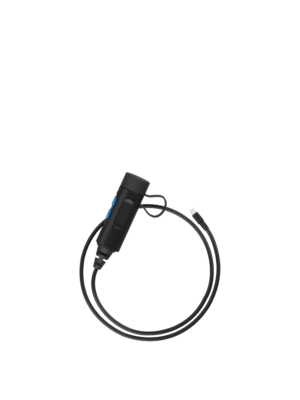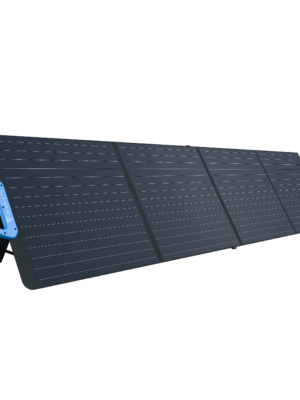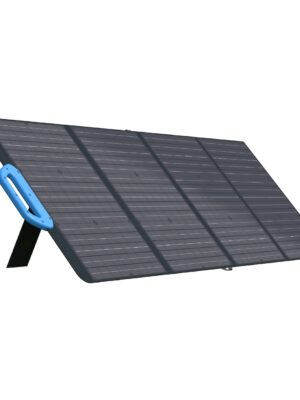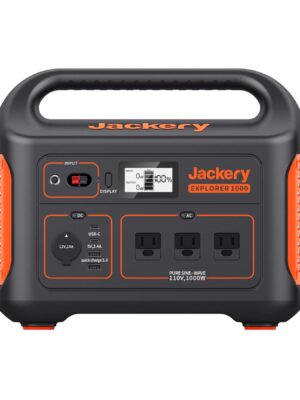This cap is a big step towards universal, noninvasive brain-computer interfaces Leave a comment
Multiple brain-computer interface (BCI) devices can allow now users to do everything from control computer cursors, to translate neural activity into words, to convert handwriting into text. While one of the latest BCI examples appears to accomplish very similar tasks, it does so without the need for time-consuming, personalized calibration or high-stakes neurosurgery.
As recently detailed in a study published in PNAS Nexus, University of Texas Austin researchers have developed a wearable cap that allows a user to accomplish complex computer tasks through interpreting brain activity into actionable commands. But instead of needing to tailor each device to a specific user’s neural activity, an accompanying machine learning program offers a new, “one-size-fits-all” approach that dramatically reduces training time.
“Training a BCI subject customarily starts with an offline calibration session to collect data to build an individual decoder,” the team explains in their paper’s abstract. “Apart from being time-consuming, this initial decoder might be inefficient as subjects do not receive feedback that helps them to elicit proper [sensorimotor rhythms] during calibration.”
To solve for this, researchers developed a new machine learning program that identifies an individual’s specific needs and adjusts its repetition-based training as needed. Because of this interoperable self-calibration, trainees don’t need the researcher team’s guidance, or complex medical procedures to install an implant.
[Related: Neuralink shows first human patient using brain implant to play online chess.]
“When we think about this in a clinical setting, this technology will make it so we won’t need a specialized team to do this calibration process, which is long and tedious,” Satyam Kumar, a graduate student involved in the project, said in a recent statement. “It will be much faster to move from patient to patient.”
To prepare, all a user needs to do is don one of the extremely red, electrode-dotted devices resembling a swimmer’s cap. From there, the electrodes gather and transit neural activity to the researcher team’s newly created decoding software during training. Thanks to the program’s machine learning capabilities, developers avoided the time-intensive, personalized training usually required for other BCI tech to calibrate for each individual user.
Over a five-day period, 18 test subjects effectively learned to mentally envision playing both a car racing game and a simpler bar-balancing program using the new training method. The decoder was so effective, in fact, that wearers could train on both the bar and racing games simultaneously, instead of one at a time. At the annual South by Southwest Conference last month, the UT Austin team took things a step further. During a demonstration, volunteers put on the wearable BCI, then learned to control a pair of hand and arm rehabilitation robots within just a few minutes.
So far, the team has only tested their BCI cap on subjects without motor impairments, but they plan to expand their decoder’s abilities to encompass users with disabilities.
“On the one hand, we want to translate the BCI to the clinical realm to help people with disabilities,” said José del R. Millán, study co-author and UT professor of electrical and computer engineering. “On the other, we need to improve our technology to make it easier to use so that the impact for these people with disabilities is stronger.” Millán’s team is also working to incorporate similar BCI technology into a wheelchair.
Please Support Our Sponsors
Solar Power Generator Discounts Along With Free Shipping
- 10% OFF for Jackery Solar Generator 2000 Pro Series with code "JADEAL"
- 10% OFF for Jackery SolarSaga 200W Solar Panel with code "JADEAL"
- 10% OFF for Jackery Solar Generator 1500 Series with code "JADEAL"
- 10% OFF for Jackery Solar Generator 1000 Series with code "JADEAL"
- 10% OFF for Jackery Explorer 1500 Portable Power Station with code "JADEAL"
- 10% OFF for Jackery Explorer 1000 Pro Portable Power Station with code "JADEAL"
- 10% OFF for Jackery Explorer 500 Pro Portable Power Station with code "JADEAL"
- 10% OFF for Jackery Explorer 300 Pro Portable Power Station with code "JADEAL"
- 10% OFF for Jackery SolarSaga 100W Solar Panel with code "JADEAL"

The University of Georgia is represented by the Georgia Bulldogs . The Bulldogs participate in the Southeastern Conference's (SEC) Eastern Division of the NCAA.
They play their home games in the storied Sanford Stadium in Athens, Georgia. The first season in Georgia was in 1892. In 1942, 1980, and 2021, the Georgia Bulldogs won three national championships.
The Georgia Bulldogs have additionally been crowned the National Champion in four additional seasons by at least one polling organization (1920, 1927, 1946 and 1968).
The Georgia Bulldogs are tied for second place in conference history with their 15 conference titles, including 13 SEC titles, and their 59 bowl appearances, which ranks second all-time.
In addition, the program has produced five top picks in the National Football League (NFL) draft, two Heisman Trophy winners, numerous winners of various national honors, and many others.

Longhorns football represents the University of Texas in Austin often known as Texas, UT or the Texas Longhorns. The Longhorns represent the Big 12 Conference in the NCAA Division. They play in Austin, Texas, at the Darrell K. Royal-Texas Memorial Stadium.
The Texas Longhorns are ranked third and seventh, respectively, in terms of all-time wins and win-loss records, with over 900 victories and an overall win-loss percentage of.705.
The legendary program also boasts four national titles, 32 conference titles, 100 First Team All-Americans, and two Heisman Trophy winners.
Get your Texas Longhorns Revival T-Shirt today. The Texas Longhorns Rustic Revival shirt is also a fan favorite.
Many college sports fans like to wear their gear all around town, get your Texas Longhorns Centered gear and show your support.


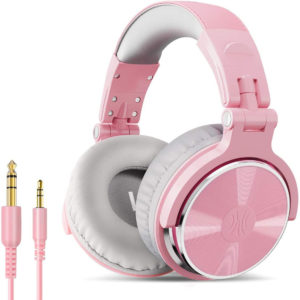

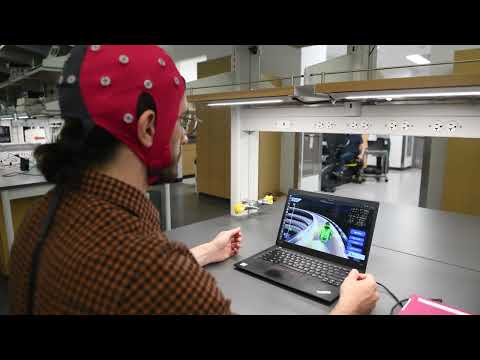
 Gettr
Gettr
